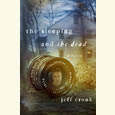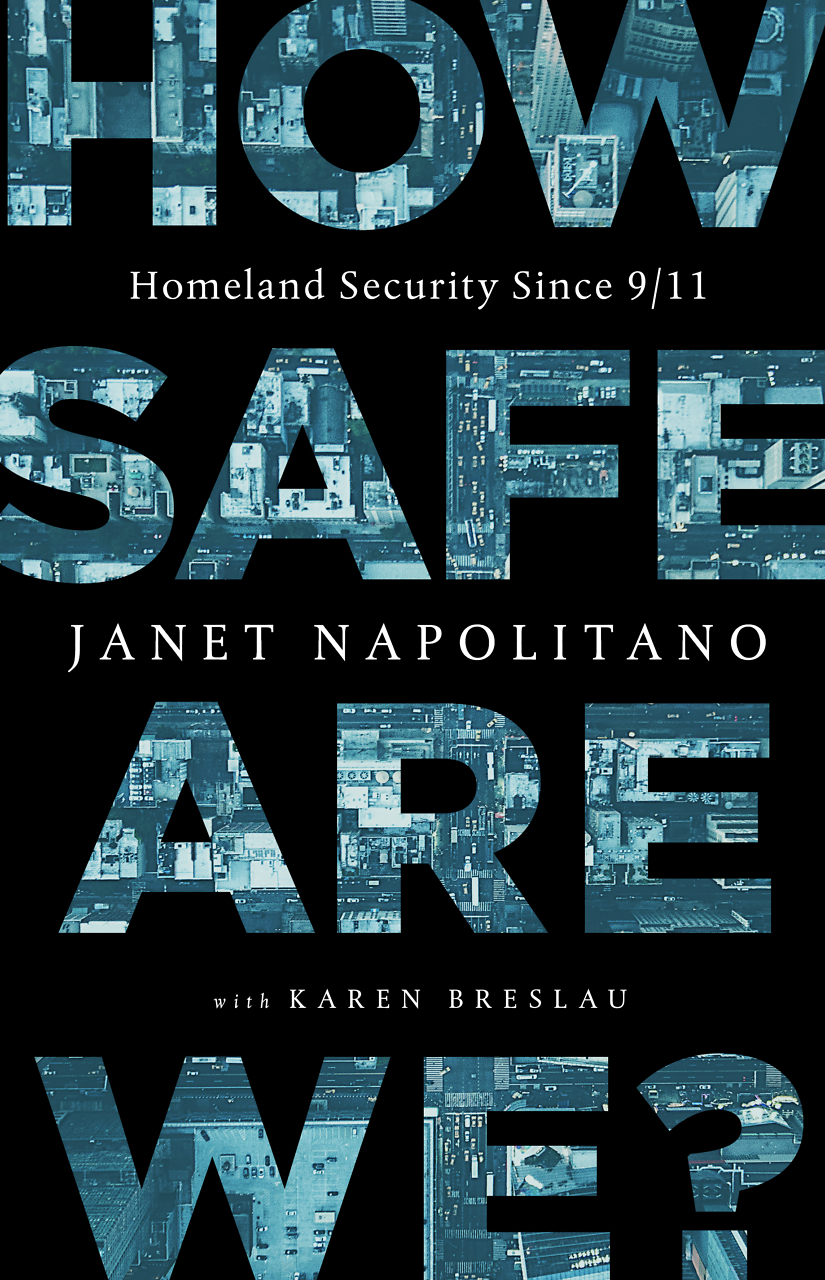Forgotten Wars
Ron Rash’s latest, The Caretaker, is a haunted fable of love and loss
For Blackburn Gant, the titular character of Ron Rash’s new novel, The Caretaker, the churchyard cemetery has become a dynamic landscape, one he has learned to read with precision and sensitivity.

“As Blackburn stared out the cottage window, ground fog purled around the stones,” Rash writes. “Grave markers appeared unmoored, as if they might drift away, leaving each grave nameless and undated.” This haunting novel explores the kinds of losses that defy our attempts to contain them.
Set primarily in Blowing Rock, North Carolina, The Caretaker opens with the gripping account of a bloody fight between two soldiers atop a frozen river in war-torn Korea, but soon the novel finds its way home, opening up in lyrical passages describing the landscapes of western North Carolina.
The novel relaxes into itself when these settings are given the foreground, and perhaps there’s a parallel at work here when it comes to the consciousness of Blackburn Gant, the novel’s moral center.
The ravages of childhood polio have left Blackburn marked, physically and psychologically, in a way that separates him from others — so much so that his own parents arranged this secure but peculiar job as the live-in cemetery groundkeeper for him before they moved out of state. Socially isolated, Blackburn moves with respectful ease through the cemetery grounds, a nearby abandoned homestead, and the surrounding wildflower-rich woods.
Blackburn favors the old, “solemn” methods and tools in his work, like using a cloth tape measure rather than a noisy steel one. And tending to the graves informs his relationship to all of nature. “[Among] broken slabs of stone, small blue flowers bloomed. If you came upon periwinkle in woods or a meadow … a grave likely had been there,” he’d learned from his elderly predecessor. “It had always struck Blackburn how something fragile as a flower could honor the dead longer than stone. Longer than memory too, a lot longer.”
Of all the novel’s characters, Blackburn understands the land best, and within the narrative ecosystem that Rash creates, we come to trust Blackburn the most because of this quality. As Blackburn’s father, a farmer, says, “you know the land and the land knows you.” That sense of interconnectedness, or reciprocity, runs through Blackburn as a character and positions him to make difficult choices when his loyalties are tested.
 Blackburn keeps to himself, but one childhood friendship has stuck. Jacob Hampton’s life has been a stark contrast. The son of local sawmill and general store owners, Daniel and Cora, Jacob has grown up with a sense of ease within himself, despite the overprotective anxieties of his parents. Daniel and Cora have brought Jacob up under tight, fearful control — the result of losing two young daughters to influenza before Jacob’s birth.
Blackburn keeps to himself, but one childhood friendship has stuck. Jacob Hampton’s life has been a stark contrast. The son of local sawmill and general store owners, Daniel and Cora, Jacob has grown up with a sense of ease within himself, despite the overprotective anxieties of his parents. Daniel and Cora have brought Jacob up under tight, fearful control — the result of losing two young daughters to influenza before Jacob’s birth.
This prominent family holds considerable sway over the rest of the town. When Jacob shocks his parents by eloping with Naomi, an uneducated 16-year-old hotel maid who soon becomes pregnant, the Hamptons wage a kind of war against their son’s choice. In doing so, they unleash a shocking amount of harmful turmoil. At the crux of this conflict is Blackburn, who promises to look after Naomi when Jacob must leave for service in Korea.
The novel’s plot turns might strain plausibility at times, but its tone draws it slightly away from realism toward a kind of moral fable. In this sense, The Caretaker contains overtones of Shakespeare and Thomas Hardy, and it echoes the well-known Blowing Rock legend of lovers reunited by a supernaturally strong gust of wind.
The Caretaker also feels akin to Rash’s The Risen and Above the Waterfall, as well as his 2021 story collection, In the Valley. All these works offer slim, distilled tales about southern Appalachian characters whose experiences push them to reassess their pasts — often exhuming long-buried griefs — in order to accept or understand their present-day realities.
This time, we follow characters who wrestle with griefs so potent that they sometimes seem to erupt, creating wild seams of time when “the world went slant.” Home from the Korean War — which became known as America’s “forgotten war” — Jacob struggles with chaotic emanations from his war experience, stronger than simple memory.
His parents, whose choices can be tough to understand, are ruled by desperate impulses, born of losing their two other children. They rarely speak of these losses — another kind of “forgotten war” — but in their silence their grief has suffused everything. As his mother, Cora, says to her husband, “Our life, Daniel. It’s always been about trying to keep something from being taken away, hasn’t it?”
Throughout The Caretaker, Blackburn does his best to look after both the dead and the living. Keeper of his own buried grief, he becomes an indelible protagonist, guiding us through this melancholy fable of haunted loves and losses.

Emily Choate is the fiction editor of Peauxdunque Review and holds an M.F.A. from Sarah Lawrence College. Her fiction and essays have appeared in Mississippi Review, storySouth, Shenandoah, The Florida Review, Rappahannock Review, Atticus Review, Tupelo Quarterly, and elsewhere. She lives near Nashville, where she’s working on a novel.


